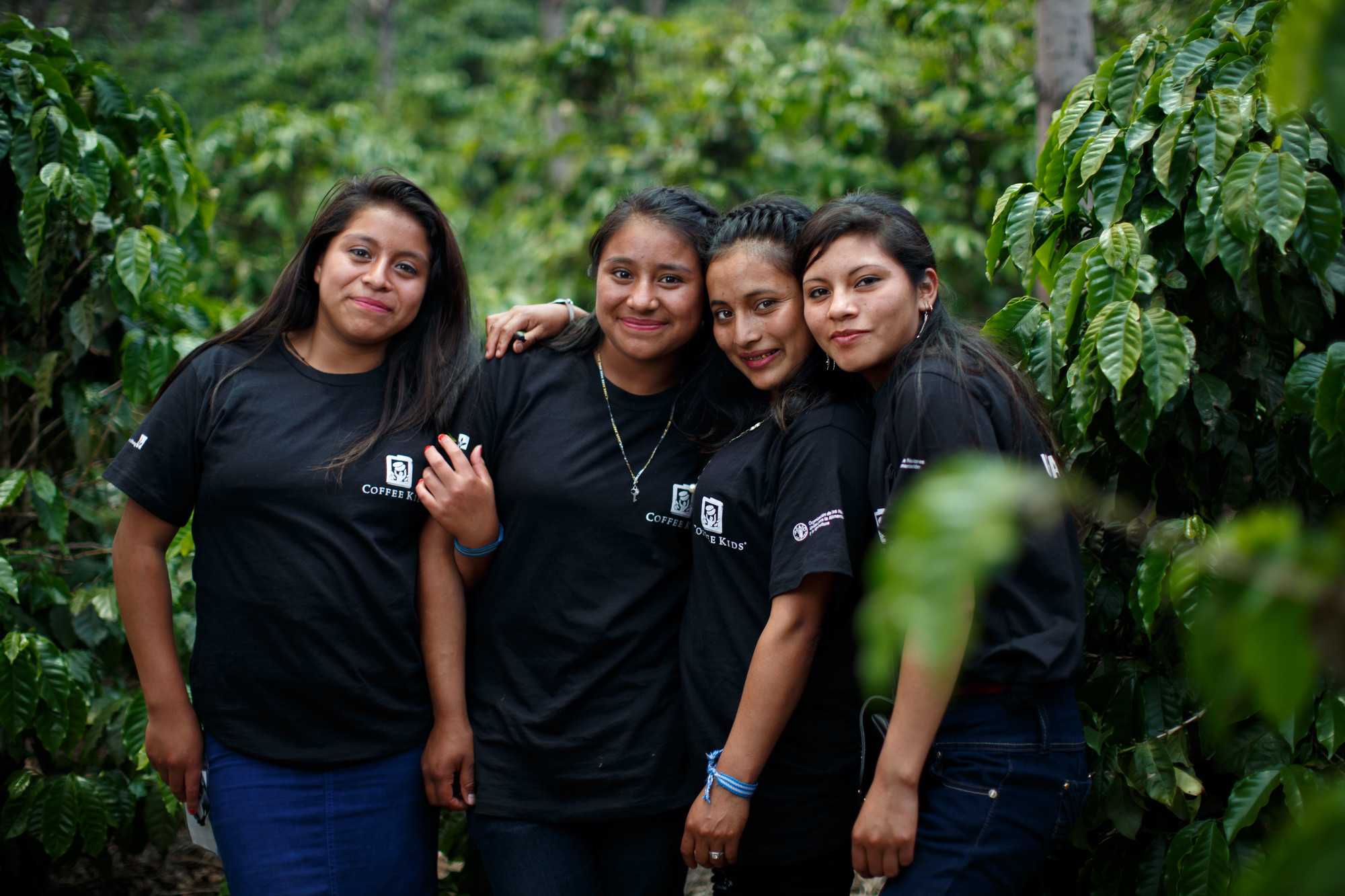HAMBURG, Germany – Hanns R. Neumann Stiftung (HRNS), SAFE and the Sustainable Food Lab are announcing a new report on the landscape of current programs and practices supporting young adults in coffee growing communities across Latin America. The focus of this study is on initiatives in Colombia, Guatemala, Honduras, and Nicaragua, especially those with direct links with the private sector and international coffee industry.
The report highlights the successes and challenges experienced by the private sector, nongovernmental organizations (NGOs), and producer groups when collaborating with youth. In addition, this report also provides recommendations to inspire others who are looking to start work on this and encourage broad industry investment.
Here are some key messages from the report:
1. There is a common concern across the sector of an ageing farmer population and that young adults are
not as interested in continuing in this field.
Across the four countries in Latin America, there are examples of programs that focus on how to make coffee more profitable and more productive, but this challenge is not only about price. Uncovering the reasons for this generational shift requires more in-depth understanding of the context of individual coffee communities and a clear picture of the barriers for youth. In many cases young adults are feeling undervalued, not trusted, and excluded from family and community decision making. The ability for youth to be successful in rural coffee community’s hinges on a range of diverse factors such as the impact of climate change on agriculture, violence in communities, basic connectivity, and availability of health services.
2. In Latin America there are strong producer groups and NGOs working on this, but they need support.
Engaging meaningfully with younger members of the coffee community requires a diverse set of skills, not only technical skills. Youth interventions take time and are often hard to measure, making the business case difficult to present. Currently, there is limited coordination among existing programs and learnings between private companies and NGOs. There is also a lack of clear monitoring and evaluation data to drive proven models that have succeeded in supporting youth to continue in the coffee sector. However, producer groups and NGOs do have important experience that can be documented and consolidated for the industry if the private sector and government entities are willing to contribute funding and resources.
3. Collaboration is key to build a holistic approach to community development and create an attractive environment for young people.
There is an opportunity to bring together the different interested actors to build on existing experiences. Expert youth NGOs are a central component in the success of interventions. Private sector companies provide an important outlet to elevate the importance of youth to customers and consumers to raise interest and resources, as well as bringing in market specific skills and expertise. Governments agencies ensure interventions are addressing fundamental community and regional development challenges. And industry associations like the SAFE Platform can create the space for dialogue, cross-sector coordination, and channel resources.


















